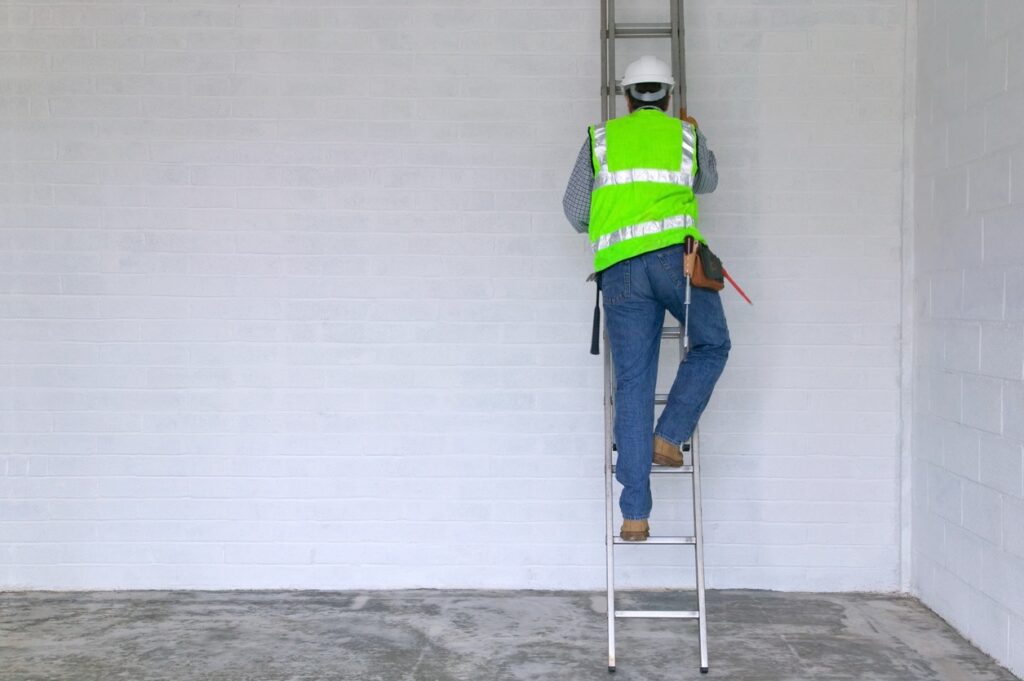
The case of Sainsbury’s Supermarkets Ltd v Medley Assets Ltd has indicated that a tenant can temporarily vacate part of the premises affected by the landlord’s works to defeat a landlord’s opposition to the grant of its renewal lease and the County Court case decided a new point of law regarding the extent of the “holding” in this context.
Sainsbury’s were the tenant of a Local store on Kentish Town Road, London. Their lease included ground floor premises, used as the retail shop, and the basement and three upper floors, which were not occupied by Sainsbury’s. Sainsbury’s requested a new lease from their landlord under the Landlord and Tenant Act 1954 (the “LTA 1954”) as their lease had expired.
As a commercial tenant with the protection of the LTA 1954, Sainsbury’s were entitled to a renewal lease at the end of the contractual term. Section 30 of the LTA 1954 sets out seven grounds upon which a commercial landlord can oppose the grant of a renewal lease. One of these grounds is where the landlord has an intention to carry out works of redevelopment, as set out at section 30(1)(f) (‘ground (f)’) so “that on the termination of the current tenancy the landlord intends to demolish or reconstruct the premises comprised in the holding or a substantial part of those premises or to carry out substantial work of construction on the holding or part thereof and that he could not reasonably do so without obtaining possession of the holding.”
Sainsbury’s landlord opposed the request based on ground (f), having obtained planning permission to change the use of the upper floors from ancillary retail floor space to residential use, which also involved some minor alterations to the ground floor. The landlord subsequently revised its proposals and obtained permission to partially lower the existing basement and to refurbish the upper floors as offices instead of residential use with their plans for alterations to the ground floor remaining. As Sainsbury’s only occupied the ground floor of the building, their demise would have been largely unaffected by the landlord’s works, other than a small storage area on the ground floor.
Under the LTA 1954, a tenant can renew the tenancy of the “holding”, and that will be the area of the premises actually occupied by the tenant. A week before the trial, Sainsbury’s vacated the stock room and so only actually occupied the ground floor supermarket area which was unaffected by the landlord’s works.
The landlord’s argument was that the “holding” for the purposes of ground (f), should be the entire premises demised to the tenant under the lease, which here would include the upper floors, basement and stock room. The landlord argued that a tenant would otherwise be able to vacate certain areas before trial in order to defeat “ground (f)” and that once the tenant was successful in defeating the landlord’s claim, they could re-occupy those areas and obtain a renewal lease of the whole of the premises.
The landlord therefore sought to rely on section 32(2) of the LTA 1954. This provision requires the tenant to take a tenancy of the whole of the demise in the existing lease. Sainsbury’s argued that this would only be relevant when deciding the terms of its renewal lease at a subsequent trial, and that “holding” should be limited to the areas occupied by the tenant.
The judge found for Sainsbury’s and decided that the “holding” for the purposes of “ground (f)” should be limited to the areas actually occupied by the tenant. This defeated the landlord’s claim for redevelopment, as its intended works (primarily to the basement and stock room being unoccupied areas) would fall outside of the “holding” and therefore the landlord could not prove an intention to redevelop the holding itself.
The judge also decided that the proposed works to the ground floor staircase and stock room were not substantial works of construction, reconstruction or demolition as required by ground (f) and that some of the works were actually outside of the area demised by the lease and that Sainsbury’s could have stayed in occupation and continued trading from the ground floor while the basement works (where they were not in occupation) were carried out.
The ramifications of this decision therefore, is that where the landlord is opposing a renewal lease on ground (f), a tenant could decide to vacate part of its premises when coming to the end of its lease, so that it only occupies the part of the premises which are largely unaffected by landlord’s intended works, even if it wishes to retain a lease over the whole of the demised premises. In theory, the tenant could then take up occupation of the rest of the premises again once the preliminary issue of ground (f) has been decided before the further trial relating to the terms of the new tenancy and seek a renewal of whole of the premises demised, albeit in many cases it will not be possible or practical for tenants to vacate part of their premises.
The decision has also clarified the extent of works a landlord must intend to carry out to satisfy ground (f), and stated that works to lower the level of a floor will not always be sufficient. It will turn on the facts of the case and whether the tenant will be capable of remaining in occupation while the works are being carried out.
The Law Commission consultation report on proposed reforms to the LTA 1954 was originally due at the start of 2024 but has now been postponed until later this year and it will be interesting to see if the reforms include further guidance in relation to ground (f).
This article is for general purpose and guidance only and does not constitute legal advice. Specific legal advice should be taken before acting on any of the topics covered. No part of this article may be used, reproduced, stored or transmitted in any form, or by any means without the prior permission of Brecher LLP.




